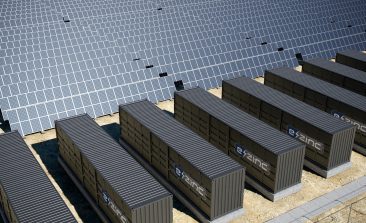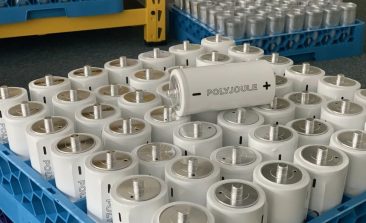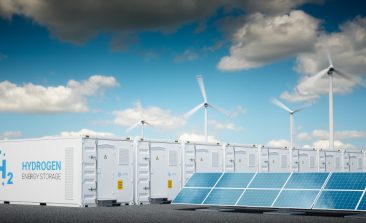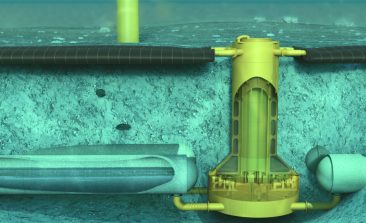Content to: Energy storage
Is Zinc the Future for Renewable Power Energy Storage?
A new zinc-based battery claims to do away with many of the disadvantages of lithium-ion batteries, and at a lower cost.
Can Decommissioned Mines Become Green Power Generators?
A new report supports the idea that underground mines can be transformed into energy storage facilities, adding the possibility of on-demand, carbon-free power to energy grids. Written by Sarah Derouin of AUG's Eos Magazine
Polyjoule: Can Plastic Produce Cheaper, Safer and Better Batteries for Renewable Power?
Traditional lithium-ion batteries come with a whole host of issues, not least their expense. A Boston startup is looking to new materials for the next generation of batteries.
Hypnetic Puts the Power of Pumped Energy Storage Into Shipping Containers
Hypnetic, a German startup, has developed a way to retrofit shipping containers with an innovative pumped energy solution – minus the reservoirs.
Is Hydrogen Storage the Future of Renewable Energy?
There are many potential ways to store surplus renewable energy, but hydrogen is emerging as one of the most promising. New advances are making it cleaner and more practical.
Energy Storage Systems: The Linchpin of the Energy Transition
Is it possible for heavily industrialized nations to create energy security with renewable power alone? Yes, it is! However, one of the most important factors in achieving this is efficient storage technologies.
Waste Heat: What it is and How to Convert it to Energy
What if the heat from, say, server farms or subway tunnels can be used to warm homes? Waste heat recovery technologies seek to close the energy loop.
Dutch Startup Replicates Hydropower on the Seafloor With Innovative Energy Storage System
A new approach to storing renewable energy looks to recreate the process of hydroelectric dams under the ocean.
Thousands of Hot Stones Used as Innovative Energy Storage Solution
A new energy storage system - consisting of huge quantities of rocks - is being tested in the Port of Hamburg.








